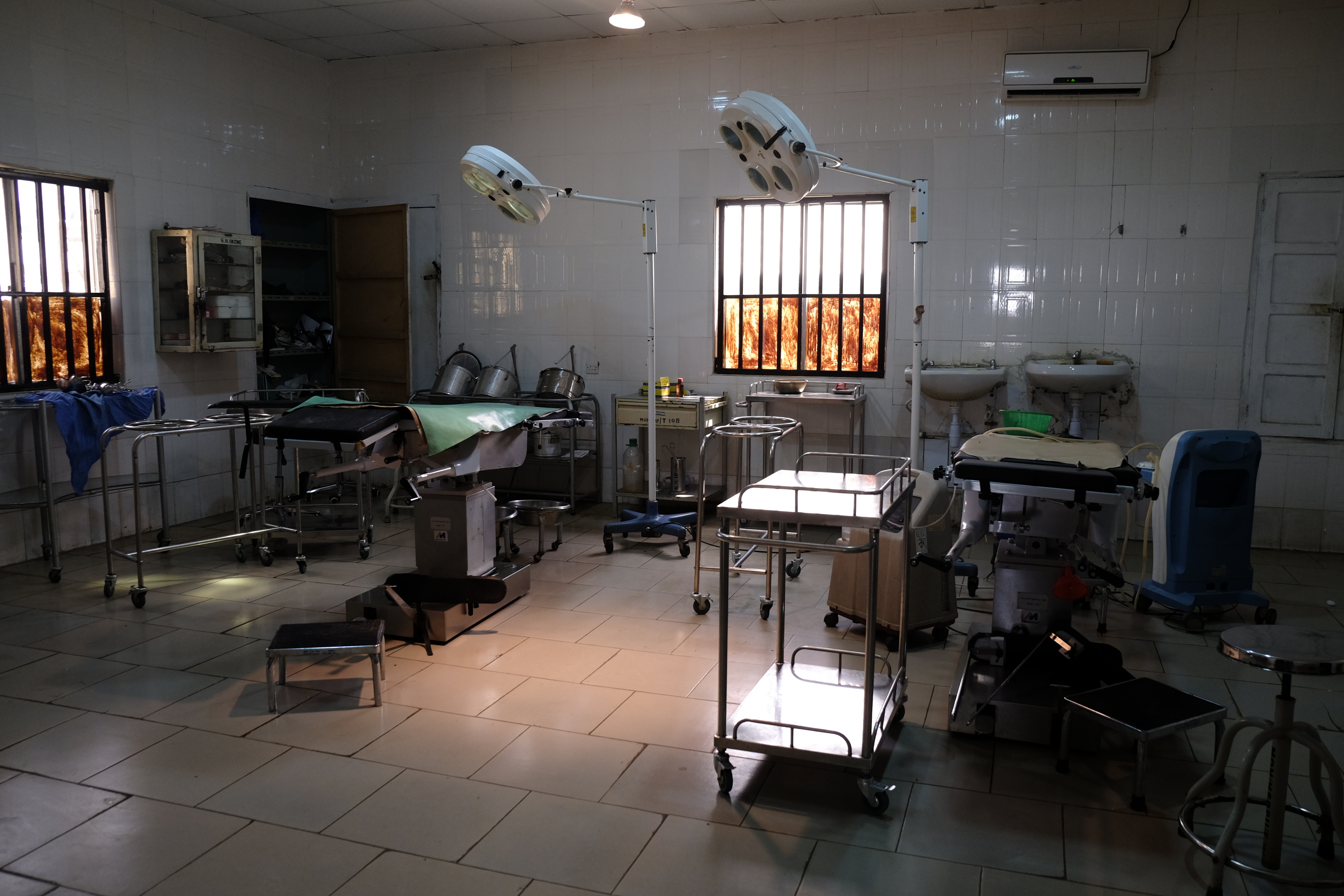The reporting challenge in much of Africa, and especially Nigeria, is to figure out how to integrate Africa's radically different reality into the broader story you're trying to tell. On the one hand, it's disingenuous to ignore the differences; they smack you in the face as soon as you land at the airport. On the other hand, they are also somewhat superficial—at some point the massive potholes and garbage-strewn drainage canals take on the same mundane reality as a traffic jam back in the United States.
Still, the immediate impact can be jarring. If you take a local taxi or walk through the streets of mainland Lagos, the effect can be almost hallucinatory—hawkers come at you from all sides selling banana chips and windshield wipers and everything in between; eye contact is easy, people are expansive and friendly when you engage them, but they are also busy, and quickly move on to the next potential sale.
The overall sensation is one of constant movement, aided by a wholly organic transportation system, a Darwinian selection of vehicles, some healthy, some ailing, depending on how fast and how far one needs to go. For short hops, there are skeletal motorcycles; for trips a bit longer, there are three-wheeled kekis that move in fits and starts, constantly probing the narrow openings between cars to find a new passageway through the traffic, passing so close to other vehicles that passengers risk being disemboweled by a glancing side mirror. And there are official yellow taxis for longer trips between the mainland and island, battered but spry, the packhorses of the road.
Of course, at some point, this Lagosian blur is internalized—squalor is relative—and to the extent that in addition to endemic poverty there are also shops selling anything one might want, and plenty of good restaurants, and reliable cell phone and Internet connections, the generalized anarchy becomes almost superfluous to the story you're trying to tell.
Except that's not entirely true. The chaos takes an enormous physical and emotional toll; it's the reason a large number of Nigeria's immense and highly-educated diaspora community don't live there. (A May 5, 2017 report in Nigeria's New Telegraph newspaper says some 15,000 Nigerian doctors practice outside the country, most in the UK and United States.)
It also figures into the reality of Nigeria's professional class, who are acutely aware that the gap between actuality and potential is one of the largest in the world, and whose pride allows them either to complain vehemently about it, since frankness is a national trait, or carry on stoically, knowing that every country has its own set of problems to overcome.
















